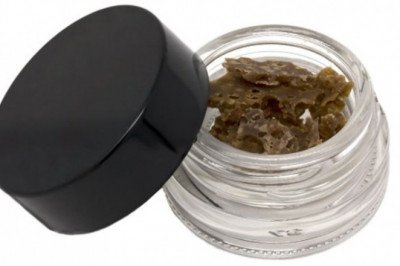views
Fastener Selection Of The Eight Common Misconceptions
Fastener selection of the eight misconceptions
1. Use coarse thread instead of fine thread
There are many important connections on the machine, such as the drive shaft, most of the bolts are fine threads. If there is a lack of parts when repairing, some maintenance personnel will use coarse tooth bolts instead, which should be avoided. Because the inner diameter of the fine thread bolt is larger, the pitch and outer angle is smaller, the strength is high, the self-locking performance is good, and the ability to withstand shock, vibration and exchange load is also stronger. Once the use of coarse tooth bolts, it is easy to loosen or take off, break, and even cause mechanical accidents.
2. Pore does not match
The bolts on the machine subjected to lateral load and shear force, such as drive shaft bolts, flywheel bolts, they fit with the bolt holes for the transition fit, the assembly should be strong and reliable, and can withstand lateral force. Some people do not pay attention to check during the assembly process, the bolt and the bolt hole between the larger gap still continue to install, which is easy to happen bolt loosening or cutting off accidents.
3. Thicken the nut to increase the reliability of the connection
Some people wrongly believe that thickening the nut can increase the number of working turns of the thread and improve the reliability of the joint. But in fact, the thicker the nut, the more uneven the load distribution between the threads of each circle, the joint is more likely to loosen.
4. A bolt with multiple washers
After the installation is completed, sometimes the bolt is too long, so some people will be installed on the bolt extra spring washers, in this case, the spring washer uneven force will break during the solid process, so that the bolt preload down, there may be eccentric load, reducing the reliability of the bolt connection.
5. The tighter the better
Many staff members have this misconception: that the bolt should be "rather tight than loose", so they deliberately increase the tightening torque, resulting in the bolt slip. In addition, some of the important bolts need to be torqued, some people are trying to save money with an active wrench screw, the result is insufficient torque, resulting in loose bolts, and even mechanical failure.
6. The washer is too large
Sometimes the lack of suitable size of the washer, some staff will then use the larger diameter of the washer instead, in this case, the bolt head below the contact area with the washer is small, which will reduce the bearing pressure or locking force of the washer, if there is vibration and shock in the work environment, the bolt is easy to loosen.
7. Improper locking
Important bolts in the assembly should be taken after the completion of the locking device to prevent loosening, here are four kinds of cases to explain. If the use of cotter pin locking, shall not use too thin cotter lock or half of the cotter lock locking; if the use of spring washers locking, shall not use the washer opening misalignment is too small; if the use of locking piece locking, shall not lock the locking piece in the corner of the nut; if the use of double nut locking, shall not be installed outside the thinner nut.
8. False solid
If the bolt, nut or thread rust, or scale, iron filings and other impurities, assembly must be clean before processing; joint surface of the coupling has burrs, sand and other impurities should also be removed. Otherwise, when tightening the bolt, the surface appears to be tightened, but in fact the coupling is not really pressed. In such a false solid, if there is vibration, load shock and temperature changes when the bolt will quickly loosen.
We are a professional fastener manufacturing company, and we can help you if you encounter the problem of wrong fastener selection. Buy fastener. Recognize Qisheng Metal Co.












Comments
0 comment